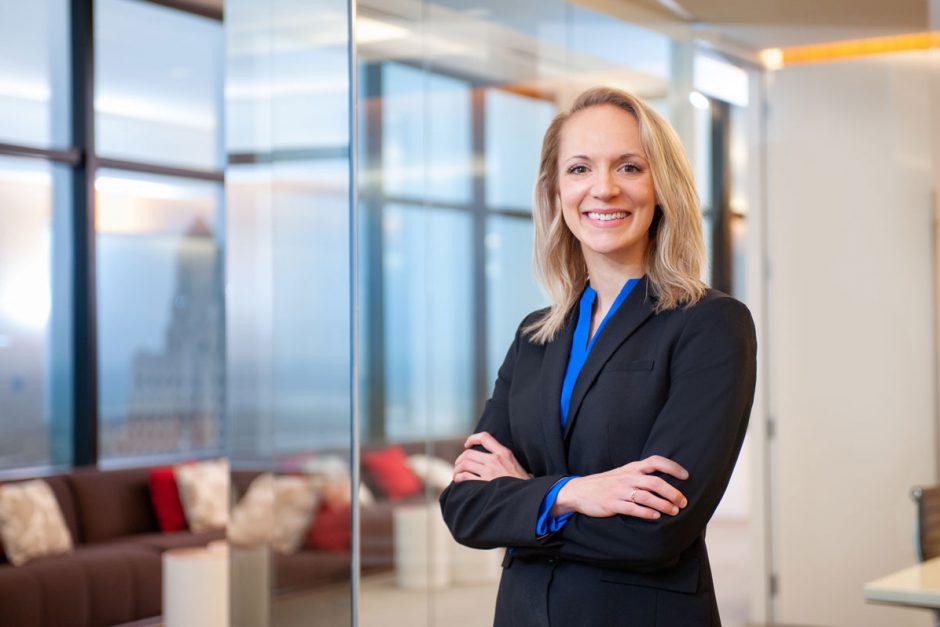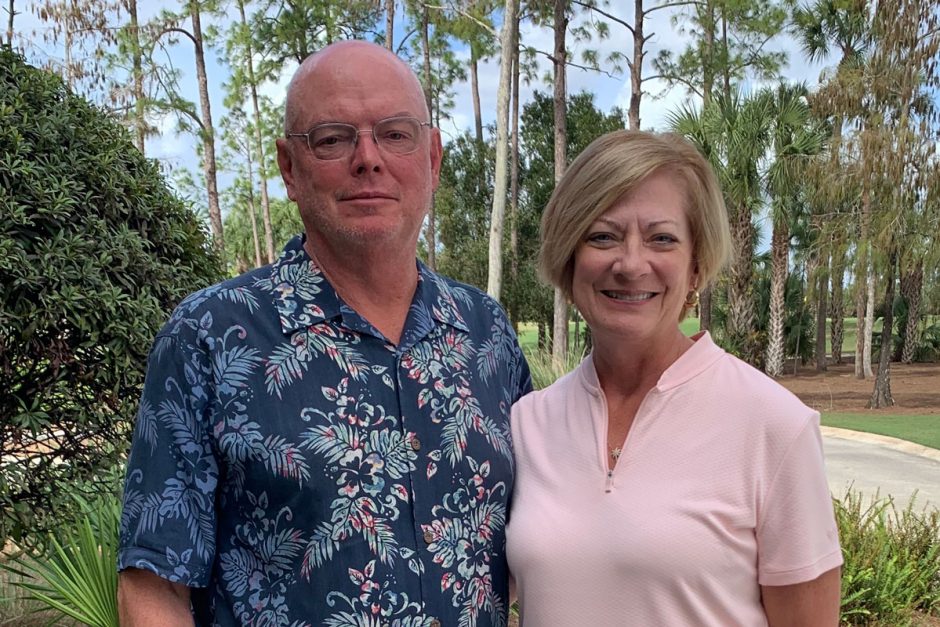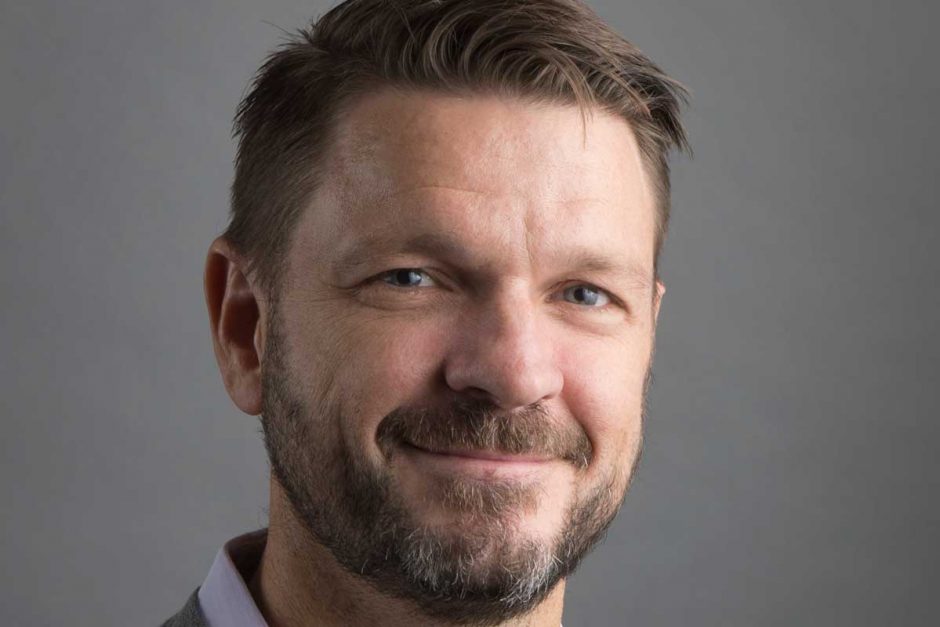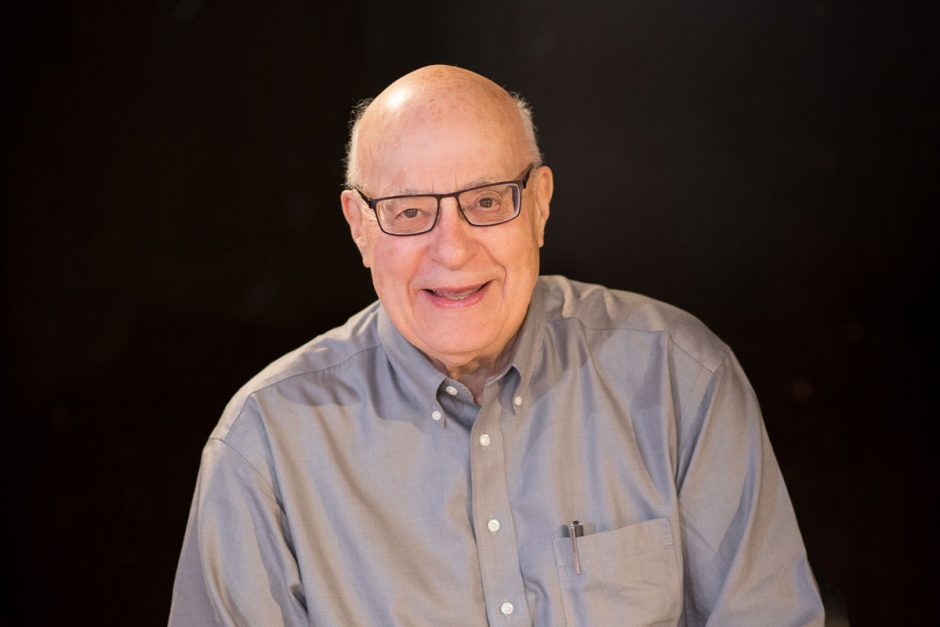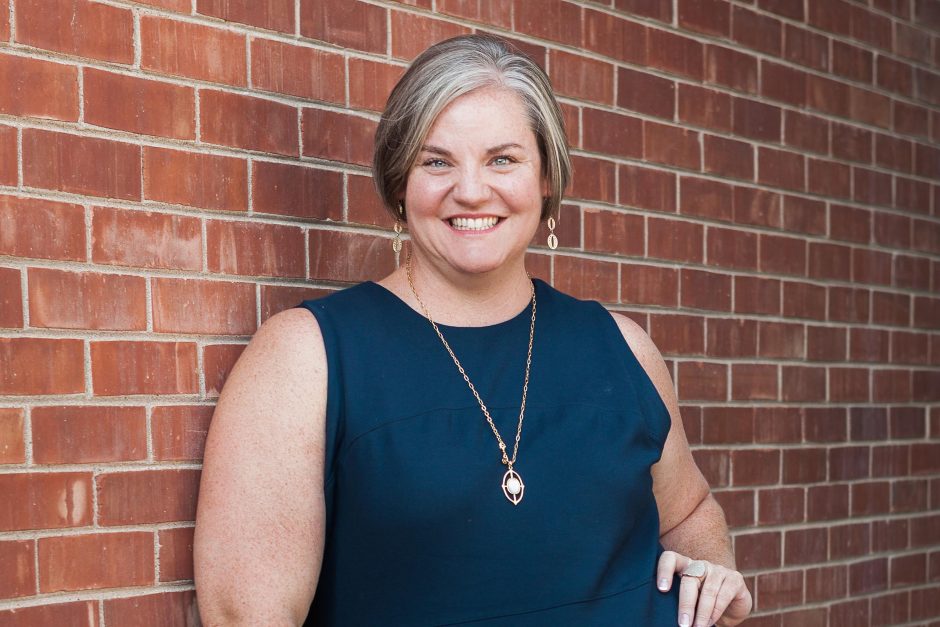Alumnus making change through poverty law
Eli Wade-Scott ’10, born and raised in Chicago, applied to Cornell College after his mother foisted a copy of “Colleges that Change Lives” on him. A visit to the Hilltop was all it took to make it his first choice. At Cornell he participated in several theater productions, Student Senate, and mock trial during its earliest runs at national competition. He graduated with an individualized B.A. degree, drawing courses from the sociology, politics, and economics and business departments. After a year as an Americorps VISTA at the Sargent Shriver National Center on Poverty Law in Chicago, he headed to Harvard Law School, where he is now a third-year student. He has been awarded a Skadden Fellowship advocating for low-income tenants in Cook County, Ill.
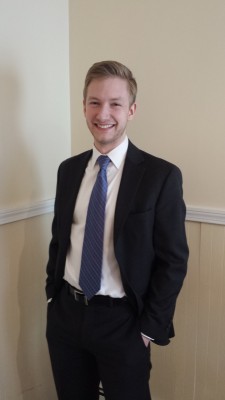
Q: How did Cornell prepare you for Harvard Law School?
A: I’ve actually discussed this with a couple different Cornell alumni who went to law school, and we all agree: Cornell, including the block schedule, prepared us exceptionally well for the demands of law school. Even more important, the allowance that Cornell gave me to craft an education that was truly liberal arts provided me with a strong foundation for understanding the system in which laws are made and the people they affect. I feel very lucky to have that basis for the things I’m learning now and the career that I’ll be starting soon.
Q: What’s the most important thing you learned at Cornell?
A: My first class at Cornell was Sociology 101 with Professor Erin Davis, and that was a life-changing experience. I had always been drawn to the study of American society, but I did not know that I would spend my career working in the public interest until that course and several more years of study in the sociology department. The professors in that department set me on the course that I’ll be continuing after graduation, starting work in landlord-tenant law at the Legal Assistance Foundation in Chicago.
Q: What person on campus had the biggest impact on you?
A: This is an unanswerable question! I was so lucky to have so many mentors on campus, both professors and staff. Professor Tori Barnes-Brus ’97, Craig Allin, and Erin Davis all nurtured an academic experience for me that was truly multidisciplinary and liberal arts, in the best sense. John Harp and RJ Holmes-Leopold ’99, who remain friends and mentors, gave me concrete experiences on and off campus that challenged me to lead and do work that mattered. Finally, Abbe Stensland, our mock trial coach, had more effect on me as a lawyer than three years of law school did—little did I know, at the time, that I would be relying on her lessons every time I stand up to speak.
Q: Who are your favorite authors?
A: Jonathan Franzen and David Foster Wallace have a lively clarity that I wish I could ever capture, especially in their essays. Salman Rushdie crafts the best, winding stories, but it takes a little patience. When I don’t have it, I binge on “Game of Thrones.”
Q: What historical event fascinates you most?
A: This isn’t a pinpoint event, but the complex interactions between governments, people, and economic actors that created the segregation of Chicago. Never quite the legal segregation that characterized the South, it’s proved just as intractable and painful. The book “Family Properties” by Beryl Satter is a fascinating account that I recommend to anybody who will listen.

